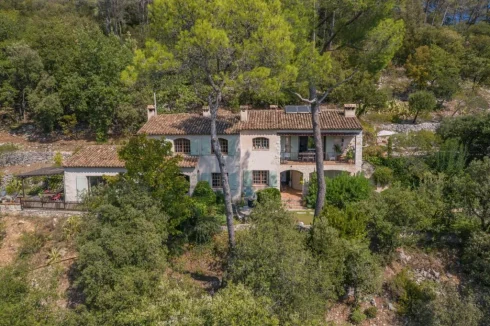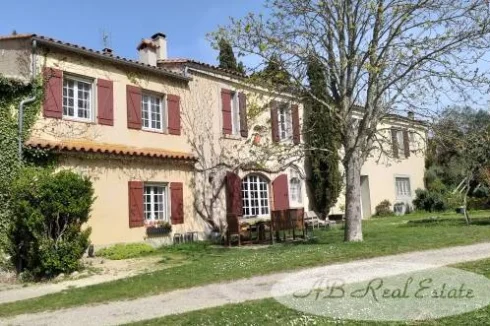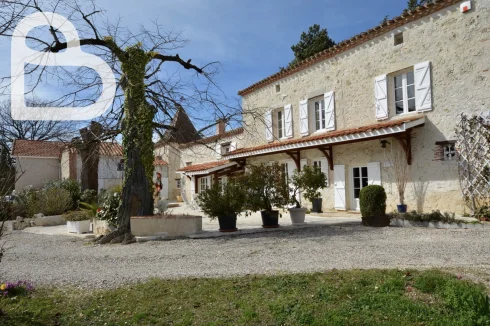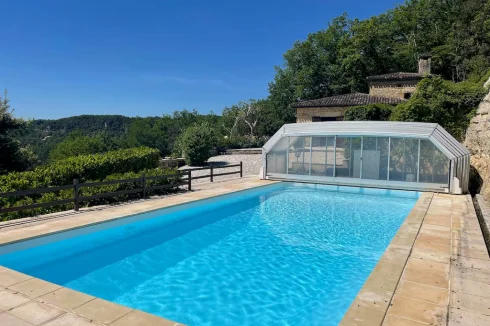Which French Property Sale Contract to Use?
Tuesday 01 November 2011
There are two different types of sale and purchase contract for French property, so which one should you use?
The sale of a property in France takes place in two stages: first, a sale and purchase contract, which then leads to signature of the deed of sale through the notaire.
These sale and purchase contracts take one of two forms, either a promesse de vente unilatérale, or a compromis de vente.
There is a great deal that is common between the two contracts:
- They must both contain a minimum level of information concerning the details of the transaction, and the buyer must pay a deposit at the time of signature.
- Both can also contain conditional clauses (clauses suspensives), on the fulfillment of which the contract becomes binding.
- There is also a seven day period during which the buyer can withdraw from the sale.
The major difference between them lies in the fact that in the case of a promesse de vente unilatérale the buyer can withdraw after this date (losing their deposit in the process), but in the case of a compromis de vente they are obliged to purchase, subject to fulfillment of any conditional clauses.
In effect, a promesse grants an 'option' to the buyer to purchase the property under certain conditions, whereas with a compromis there is a reciprocal contract for sale and for purchase.
In practice, even where a compromis is used it is rarely the case that a seller will insist on the sale being concluded, provided the damages have been paid, but there are instances where the buyer has not been let off the hook, and the sale has been enforced, in some cases at the insistence of a court ruling.
In a case in the French Cour de Cassation last year, the court decided that only where a promesse de vente specifically provided for enforcement of the sale would no right of retraction after seven days apply to the seller, although this interpretation has yet to find its way onto the statute book.
In the case of a promesse de vente unilatérale, once expiry of the date set for taking up the option has passed, if the buyer has not done so by then they no longer have any right to purchase the property, and the seller can simply trouser the dépôt de garantie, subject to any specific conditions that may be contained in the contract.
In the vast majority of cases neither buyer nor seller are probably aware of the type of contract they are signing. The choice is often made by the notaire or estate agent, without consultation with either of the parties.
General Practice
Generally, the preferred type of contract used by agents and notaires is the compromis de vente, as it is more definitive and more clearly reciprocal.
However, there are regional differences; north of the Loire it is often the promesse de vente unilatérale, that is used, while in the south it is more often than not the compromis de vente that is preferred.
The promesse de vente unilatérale is also more frequently used by property professionals seeking to obtain a option to buy land or property on which they may be seeking planning consent, or land assembly.
As the buyer is not finally obliged to buy, but only to pay damages for breach of contract if they do not proceed, they are more widely used by these professionals, who may also be able to more easily include in the contract agreement a low deposit (or price for the option), thereby further reducing their financial exposure.
In either case it is possible for the parties themselves to use one of the standard form of promesse or compromis that are available from good bookshops, although the promesse is only valid if registered with the land registry (at a cost of €125). There is no such requirement for the compromis.
Whatever type of contract you use, our advice would be it is preferable that it is drafted by a notaire rather than an estate agent, and we recommend all buyers and sellers use their own notaire.
The signing of these contracts should not to be taken lightly, for they are binding on both parties; there is nothing 'subject to contract' about them!
Thank you for showing an interest in our News section.
Our News section is no longer being published although our catalogue of articles remains in place.
If you found our News useful, please have a look at France Insider, our subscription based News service with in-depth analysis, or our authoritative Guides to France.
If you require advice and assistance with the purchase of French property and moving to France, then take a look at the France Insider Property Clinic.





